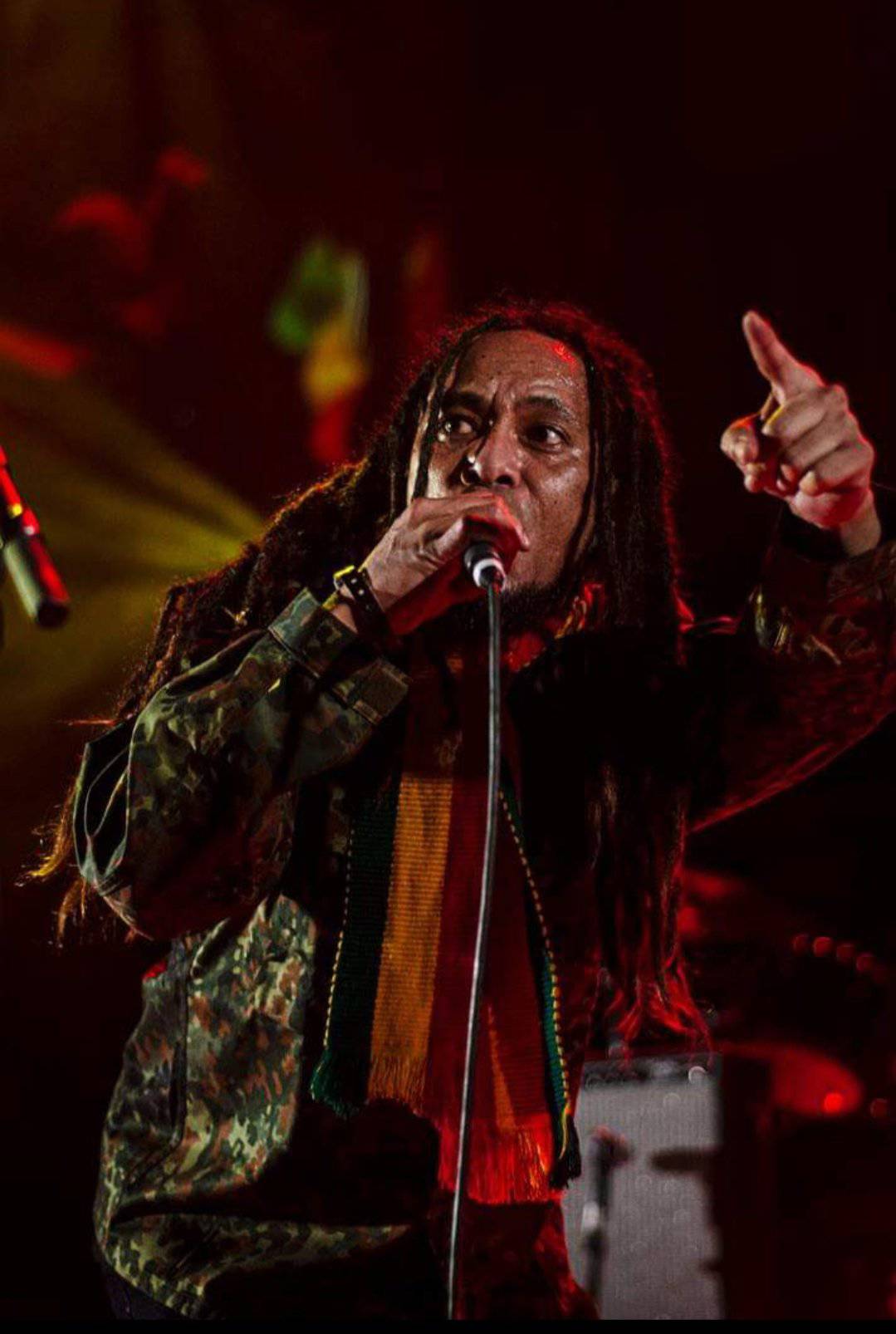South Auckland reggae artist, Sweet and Irie’s song Ban the Burn may be some 15 years old, but its message is as powerful and important today.
Ban the Burn, which warns against meth use, was first recorded in 2006, although an accompanying music video was not filmed and released until 2020.
“I’ve been trying to keep this message alive since then,” says singer/songwriter Ed Ru Ru. “I’ve got a social media group called ‘Let’s ban . . .
Please Subscribe to view full content...
